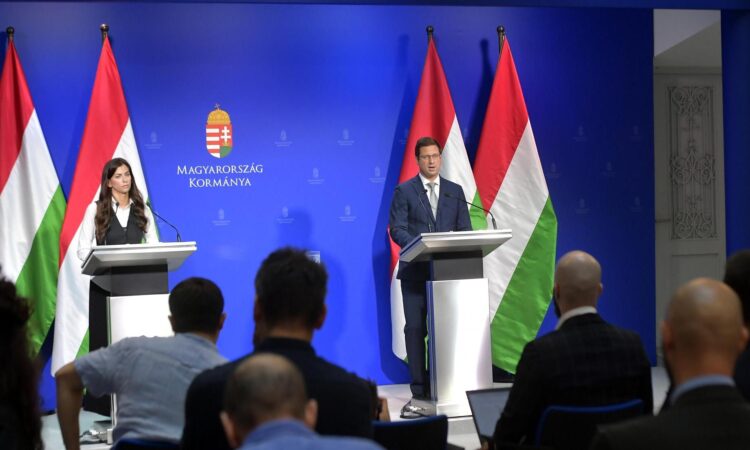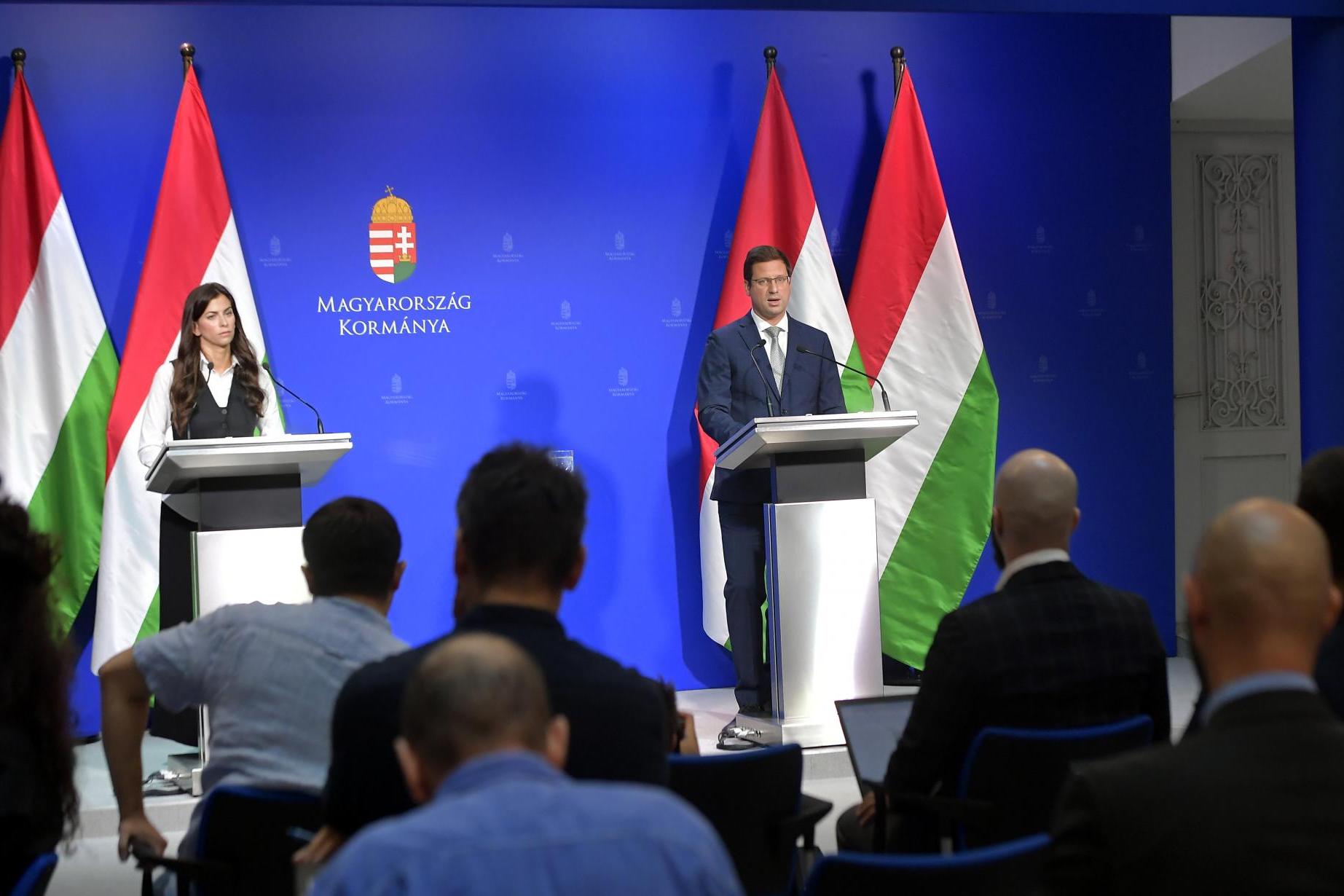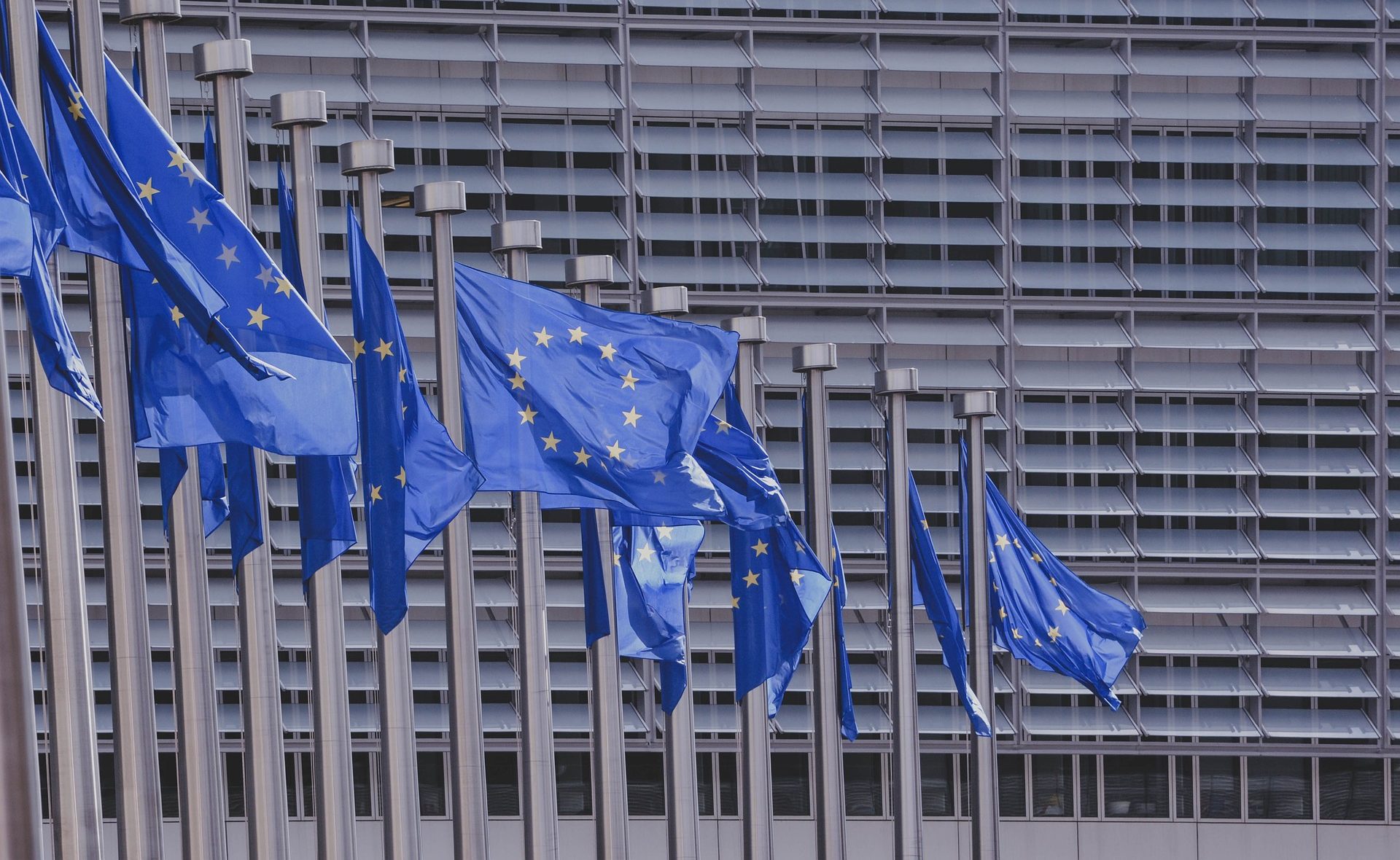

Gergely Gulyás, Minister of the Prime Minister’s Office and Alexandra Szentkirályi, Spokesperson for the government, held the regular Government Info session yesterday. The most important topics mentioned were pension raise, migration, and EU funds.
Pensions
“We have preserved the value of pensions every year, and we have even been able to pay a pension premium when the country’s economy was doing well,” Gergely Gulyás said. He added that the government could deliver on this commitment even during the Covid epidemic and now during the war in Ukraine.
The prime minister’s spokesman said that this year, inflation was higher than expected, hence the only way to preserve the value of pensions was to pay a pension supplement. Therefore, in November, the postman will bring on average almost half a month’s pension more. He also admitted that inflation is expected to be 18.5 percent, which means that the previous 15 percent pension increase will have to be supplemented by 3.5 percent. This amounts to an extra 3.1 percent on the already increased 15 percent pension.
For an average pension of HUF 210,700 (EUR 539), the monthly pension increase amounts to HUF 6,532. (EUR 16).
This means an expenditure of HUF 190 billion (EUR 486 million) from the budget, and will effect some 2.5 million pensioners.
Migration
Shifting to international problems, the minister stressed that the attitude towards illegal immigration should change, as instead of stopping illegal migration, Brussels organizes it.
Migration is a national competence, everyone is free to choose who they want to live with and who they do not want to live with, and the protection of external borders is an EU obligation that cannot be neglected, because it leads to tensions.”
Gulyás said that due to the shift in the German government’s politics, the “blocking minority” in the European Union, which has so far hindered the continuation of the migration pact, is no longer present. With the migration pact they can only create new “Lampedusas” for the countries along the Schengen borders, something that the government considers unacceptable.
Violence at the Hungarian border has recently escalated to the point of live ammunition being fired at border guards. He repeated that the migration pact had already failed, and Hungary would not take part in any binding distribution and would not implement such a decision.
We do not want to create migrant ghettos. The only solution is that the external borders must be protected and all asylum procedures must be carried out before entry. Any EU plan that deviates from this in terms of migration will only create migrant ghettos and a situation similar to Lampedusa,”
he said.
“Brussels is abusing its power, the European Commission is playing for time,” Minister Gulyás said, assessing the situation regarding the payment of EU funds to Hungary. He maintained that the commission was hindering progress. Thus, in order to protect teachers and let them receive a pay raise, which had been negotiated with the Hungarian government and to which they were entitled to, the government shall take steps. The EU’s attitudes also prevent healthcare developments, and blocks Hungarian students from accessing scholarship programs that they used to have in the past, such as Erasmus+.
As for the Hungarian government, the minister explained that they would answer Brussels’ questions, but “Brussels did not ask new ones since our money had been spent on something else,
probably it was given to a country outside the European Union,”
alluding to the enormous financial aid given to Ukraine.
“The commission should stop stalling, stop violating the laws that also apply to it and pay the money Hungary is owed,” he urged. Gulyás stated that Hungary is a contributor to the EU’s common pot – but has not even received the money what this nation had already paid in.
Featured photo via Gulyás Gergely / Facebook.







